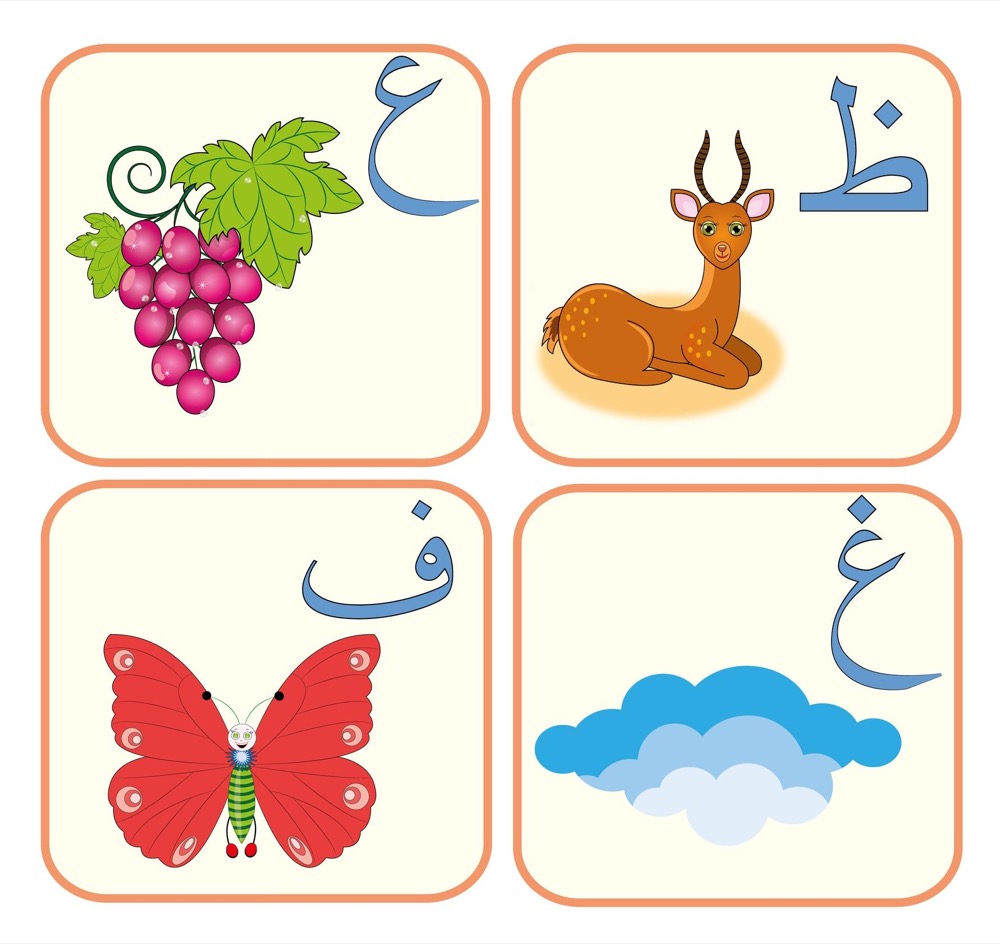Secondary School
Ace your Arabic exams with lively classes conducted by our engaging and experienced teachers committed to your excellence.
Singapore-Cambridge GCE ‘O’ level
We conduct classes for anyone considering studying Arabic as a foreign language and students taking it as a third language in their GCE ‘O’ level examinations.
Secondary 1 (Beginner GCE ‘O’ level Examination) Course
Using a variety of classroom activities, this Modern Standard Arabic course enables participants to build up the basic skills of reading, writing, listening and speaking, as well as developing language acquisition skills. Grammar is not presented explicitly at this stage.
Textbook used:
LUGHATUNA AL-FUSHA BOOK 1
Skills tested:
Reading, writing, speaking and listening
| Chapters covered | Topics | |
| Term 1 | Modules 1–4 |
|
| Term 2 | Modules 4–6, 10 |
|
| Term 3 | Modules 7–8 |
|
| Term 4 | Revision | |
Secondary 2 (Beginner GCE ‘O’ level Examination) Course
With a focus on written and spoken Modern Standard Arabic, this course aims to enhance the understanding and production of different patterns of nominal sentences. Apart from basic vocabulary, verb tense, negation and conjugation are taught to students, providing them with a strong base for advanced study.
Textbook used:
LUGHATUNA AL-FUSHA BOOK 1
Skills tested:
Reading, writing, speaking and listening
| Chapters covered | Topics | |
| Term 1 | ASE notes and grammar booklet |
|
| Term 2 | ASE notes and grammar booklet |
|
| Term 3 | ASE notes and grammar booklet |
|
| Term 4 | Revision | |
Secondary 3 (Elementary GCE ‘O’ level Examination) Course
A - This course enhances the teaching points of the previous level by delving deeper into essential morphological rules related to verb conjugation, such as weak roots and the ten forms of the verb, as well as syntax. Tutors contextualise grammar and morphology presentations in relevant situations, expanding on the student’s basic lexicon.
B - By providing students with essential and popular Arabic expressions and vocabulary, this course revolves around the morphological aspects of vocabulary, including participles, comparatives, active and passive voice, and superlative adjectives. As Arabic is an intricate language, this understanding enables students to comprehend and use Arabic in an effective and meaningful way.
Textbook used:
LUGHATUNA AL-FUSHA BOOK 2
Skills tested:
Reading, writing, speaking and listening
| Chapters covered | Topics | |
| Term 1 | Modules 1–6 |
|
| Term 2 | ASE notes and grammar booklet |
|
| Term 3 | ASE notes and grammar booklet |
|
| Term 4 | Revision | |
Secondary 4 (Intermediate GCE ‘O’ level Examination) Course
A - As our student's progress, it is important to outline the deeper morphology of the Arabic language. This course details sentence formation, compound, and complex sentences, related syntax, connectors, clauses and accusatives.
B - Students are exposed to different styles of semi-authentic texts with the aim of building a more specialised lexicon and expanding on grammar taught in previous courses. This course also enforces oral and written skills through a variety of classroom activities.
Textbook used:
LUGHATUNA AL-FUSHA BOOK 2
Skills tested:
Reading, writing, speaking and listening
| Chapters covered | Topics | |
| Term 1 | Revision exercises, ASE notes and grammar booklet |
|
| Term 2 | Revision exercises, ASE notes and grammar booklet |
|
| Term 3 | Revision | |
Secondary 4 (Advanced GCE ‘O’ level Examination) Course
In these levels, students are exposed to a variety of texts to enrich their range of more sophisticated vocabulary whilst also widening their understanding of different styles of writing, i.e: informative, argumentative, philosophical, scientific and literary styles from different ages and different writers. This variety of authentic texts enables students to have a deeper and more analytical view of Arabic grammar and syntax problems. The students also recycle old structures, enhance, and develop their writing and listening skills.

MOELC Admission Test Preparation
Over 10 years of experience coaching students to excel at the MOELC Admission Test
Learning a third language has been shown to be beneficial to students in terms of mental agility and professional value. The Ministry of Education Language Centre (MOELC) offers numerous languages that students can study as their third language. Only students at the top 10% of their PSLE cohort are deemed eligible by MOE to study a foreign language as their third language. Students who do not meet this criteria must obtain a passing mark in the Admissions test before their school can register them.
To sit for the admissions exam, students need a sound knowledge of the language. The MOELC holds four entrance exams every three months and interested students can apply through MOE or their school. A passing grade of 50% is required to gain entry into the programme. However, the Admission test is a very selective written exam and those who fail must contact MOELC to re-sit the exam.
Once the students have been selected, they must upkeep a minimum grade to continue taking their third language throughout secondary school and into junior college. In addition, students taking a foreign language as their Mother Tongue in-lieu have to reapply to MOELC for the second language when they enter secondary school.
At Agape School of Education, our course will prepare students not only to pass the Admissions test but to ace it! Our courses follow the MOELC syllabus closely so that students are well-prepared. Each of our lessons is structured similarly to the MOELC structure, right down to the duration of the class! We ensure that our students’ competency levels are regularly assessed with a mock exam every three months. Our aim is to impart a comprehensive knowledge of the MOELC syllabus so that your child is always one step ahead of the rest! Contact us today to find out how we can best prepare your child for the MOELC Admissions test, syllabus or to enquire about remedial lessons!
